Middle School Monday: Sacrificial Lambs, Horses, Kings, Babies and Middle School Students, author guest post with Kelly Barnhill
Kelly Barnhill has written a lyrically beautiful novel in The Girl Who Drank the Moon. From the publisher:
An epic fantasy about a young girl raised by a witch, a swamp monster, and a Perfectly Tiny Dragon who must unlock the powerful magic buried deep inside her.
Every year, the people of the Protectorate leave a baby as an offering to the witch who lives in the forest. They hope this sacrifice will keep her from terrorizing their town. But the witch in the forest, Xan, is kind and gentle. She shares her home with a wise Swamp Monster named Glerk and a Perfectly Tiny Dragon, Fyrian. Xan rescues the abandoned children and deliver them to welcoming families on the other side of the forest, nourishing the babies with starlight on the journey.
One year, Xan accidentally feeds a baby moonlight instead of starlight, filling the ordinary child with extraordinary magic. Xan decides she must raise this enmagicked girl, whom she calls Luna, as her own. To keep young Luna safe from her own unwieldy power, Xan locks her magic deep inside her. When Luna approaches her thirteenth birthday, her magic begins to emerge on schedule–but Xan is far away. Meanwhile, a young man from the Protectorate is determined to free his people by killing the witch. Soon, it is up to Luna to protect those who have protected her–even if it means the end of the loving, safe world she’s always known.
Today she joins us with a guest post relating some of her experiences from Middle School.
Sacrificial Lambs, Horses, Kings, Babies and Middle School Students
This is how it starts. I’m sitting in the back seat in the third row in Mrs. Trainor’s class. My knees are hot. My hands are cold. My breath is coming quick and fast. I’m done with the quiz. I’ve been done for quite some time now. I know I got most of the things wrong because I wasn’t really paying attention to it while I was doing it. Instead I was thinking about this. Right now. Having to stand up. Move my chair. Hear the feet squeak against the old maple floor. Listen to the creaking sound each step makes as I walk up. Knowing that somewhere between my chair and the teacher’s desk, any number of painful humiliations could transpire. A jab of a pencil on my leg, just under the rim of my uniform jumper – hard enough to make a mark but not enough to bleed. A whispered insult. A dozen of those. A boy who enjoys making fart sounds right as you walk by. And then points. A darting leg in your path, making you trip, and then getting in trouble for “making a scene.” I hold my test to my chest. I sit up straighter. My hair is sweaty. My lips are dry. I think: “Well. This is it. Again.” And I start to walk.
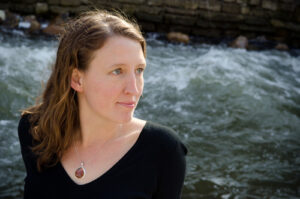 Here’s the thing about being a bullied kid: it’s not as though every single day is terrible. It’s not. Some days are neutral, and some are actually pleasant (assuming you can ignore the persistent feeling of dread). But there’s no way of knowing that in the long, slow run-up to the start of school: the painstaking sock-choosing and cereal-eating; the long wait for the school bus; the slow entrance into the yawning maw of that great, smoking, shuddering yellow beast. When you’re a kid who is sometimes targeted or often targeted or mostly targeted, there is no way to shake that daily feeling of impending doom.
Here’s the thing about being a bullied kid: it’s not as though every single day is terrible. It’s not. Some days are neutral, and some are actually pleasant (assuming you can ignore the persistent feeling of dread). But there’s no way of knowing that in the long, slow run-up to the start of school: the painstaking sock-choosing and cereal-eating; the long wait for the school bus; the slow entrance into the yawning maw of that great, smoking, shuddering yellow beast. When you’re a kid who is sometimes targeted or often targeted or mostly targeted, there is no way to shake that daily feeling of impending doom.
ADVERTISEMENT
ADVERTISEMENT
As a result, I became infatuated as a kid with stories of sacrifice. Honestly, this is probably the main reason I fell in love with fairy tales way back then, since it’s virtually impossible to spit on a Grimm tale without accidentally hitting a sacrifice victim. Young girls given over to supposedly helpful creatures of darkness for their fathers’ missteps. Princesses sacrificed to dragons. Children lured into vaults with only a crust of bread in one hand and a candle in the other, told to sit still while the entrance is mortared over. There was something for me that was satisfying in imagining those faces imprinted with horror and regret and resignation as their fate was sealed. It’s how I felt every day.
This is how it continues: I’m on the playground. Our playground isn’t really a playground. It has neither play equipment nor actual ground. It’s a sea of blacktop that serves as a parking lot for Sunday Mass at the church attached to our school. Some kids play four square. Other kids play touch football — or they call it touch football when the teacher is looking at them. The rest of the time, they tackle — sending some poor kid careening into the asphalt again and again and again. I am sitting on the very edge, partially hidden by the tangle of honeysuckle separating my schoolyard from the old folks home next door. Today is rough. Today is often rough. There is a graphite mark on my back, an inch and a half from my spine, from when the boy behind me reared back his elbow and let his pencil plunge into my skin. There is a hole in my shirt, but I will throw it away before my mom sees it. The pencil mark on my skin is one that will never leave me – though I don’t know that now. Two girls at lunch informed me that my lunch box smelled bad, so they gathered up my food — one of them holding me back — and threw it away. For my own good, they told me. They tell me a lot of things are for my own good. The janitor’s bucket dumped on my shoes (they were dirty!), my socks and underwear hidden while I showered after gym (they were gross!). I deserve this, they tell me. Surely I knew that already.
Later, my reading life led me — as it has led whole libraries of children before me — into Greek mythology, the stories of Andromeda and Theseus, particularly. Andromeda because I thought it would be terribly romantic to be rescued by a handsome stranger on a flying horse (and let’s be honest: I was mostly interested in the horse). I also thought it would have been cool to follow the horror of sacrifice with a cool quest that ended with being queen and the ancestor of all of Persia. The thought that I could be like Andromeda made the slow approach of the rattly, noxious-fumed school bus just that little bit easier to take.
There is one boy who likes to push. I felt it on the way to Friday Mass, in the crush of kids heading down the stairs toward the church. A kick at my calves, followed by a colossal hip-check. I pinwheeled to the ground. “Learn to walk,” he said as he stepped over me, and kept on going. “What are we going to do with you?” my teacher said.
But Theseus, man. Theseus was different. Theseus subverted the narrative. For a kid who feels stuck in the shackles of her own stories, there is something incredibly life-altering about reading about someone who was able to step outside of the presented narrative, analyze it, think it over, and then do something different.
I’m sitting in the strip of green between the church and the alley wall. No one knows about this place. I’ve been going here for months. It’s quiet. There’s trash and weeds and birds and the surety of the wide, brick back of the church. Sometimes I lean against the bricks. Sometimes I lay on the weeds. I’m reading THE KING MUST DIE. The story of Theseus. Theseus who has borne witness to sacrifice. A noble horse. A doleful lamb. A yearly king. When he learns about the twelve boys and twelve girls who must be sent to the Minotaur to die, he has a choice to participate in the narrative that is already set: watch, bear witness, mourn. Instead he does something else. He takes the place of a 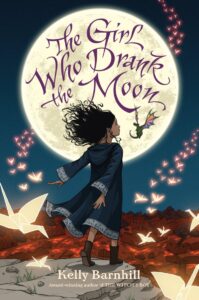 doomed boy. He rescues the sacrifice by becoming a sacrifice. And then he does something else after that: he lives. He stands up. He is not devoured. He is not ravaged. The king becomes the victim; the victim becomes the victor; the narrative is turned on its head. I read this book again and again and again. I read it like it’s food. I read it like it’s oxygen. I read it like it’s the only true thing — the only thing I’ll ever need.
doomed boy. He rescues the sacrifice by becoming a sacrifice. And then he does something else after that: he lives. He stands up. He is not devoured. He is not ravaged. The king becomes the victim; the victim becomes the victor; the narrative is turned on its head. I read this book again and again and again. I read it like it’s food. I read it like it’s oxygen. I read it like it’s the only true thing — the only thing I’ll ever need.
And you know what? It is.
Kelly Barnhill writes novels for children and short stories for adults and poetry that she whispers in the dark when no one is listening. The Girl Who Drank the Moon is her most recent novel.
Filed under: Middle School Monday
About Robin Willis
After working in middle school libraries for over 20 years, Robin Willis now works in a public library system in Maryland.
ADVERTISEMENT
ADVERTISEMENT
SLJ Blog Network
2024 Books from Pura Belpré Winners
In Memorium: The Great Étienne Delessert Passes Away
Winnie-The-Pooh | Review
Parsing Religion in Public Schools
ADVERTISEMENT




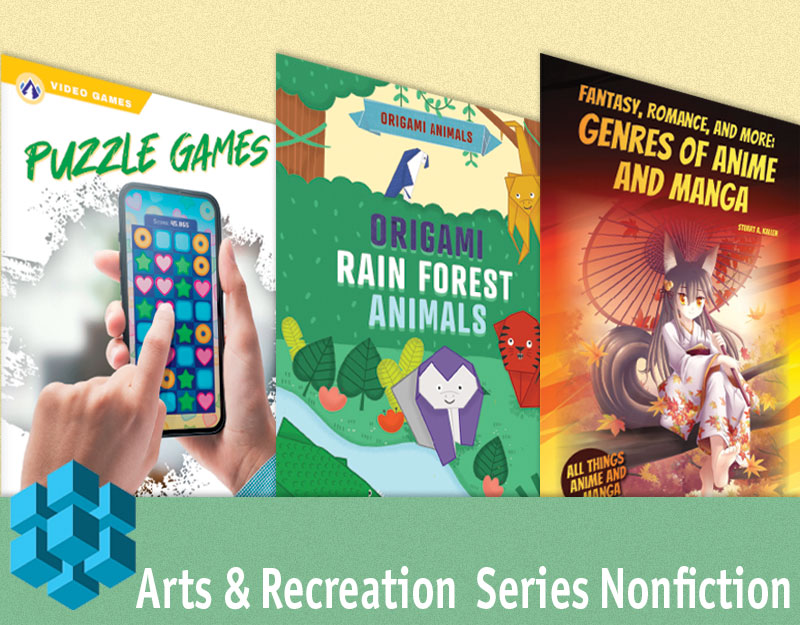
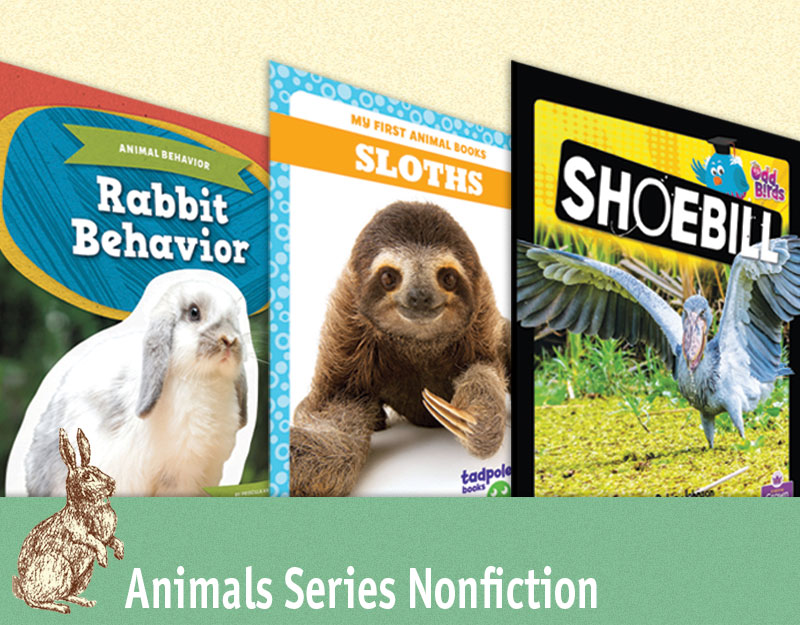


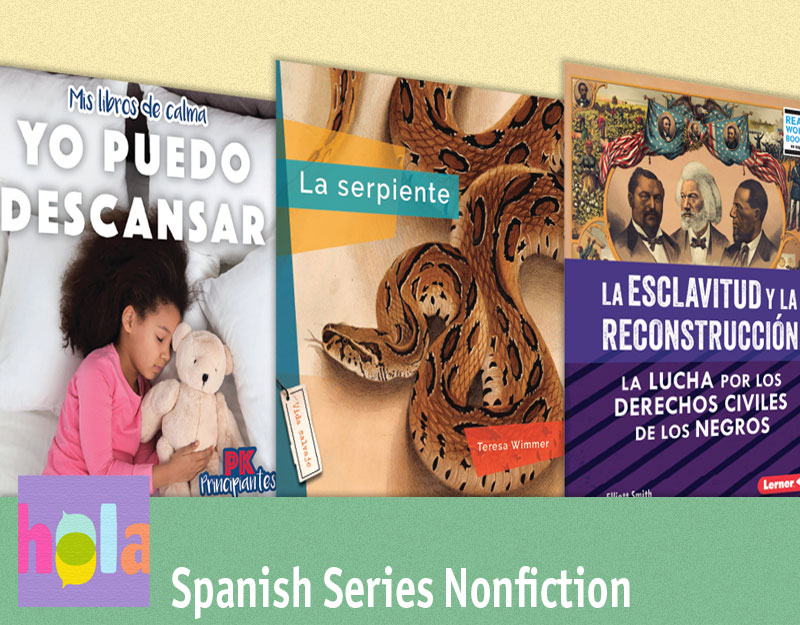
Wow. What a painful seed for a beautiful story. Thank you for sharing, and I’ll be looking for this book!
It is such a good book – you’re going to love it!